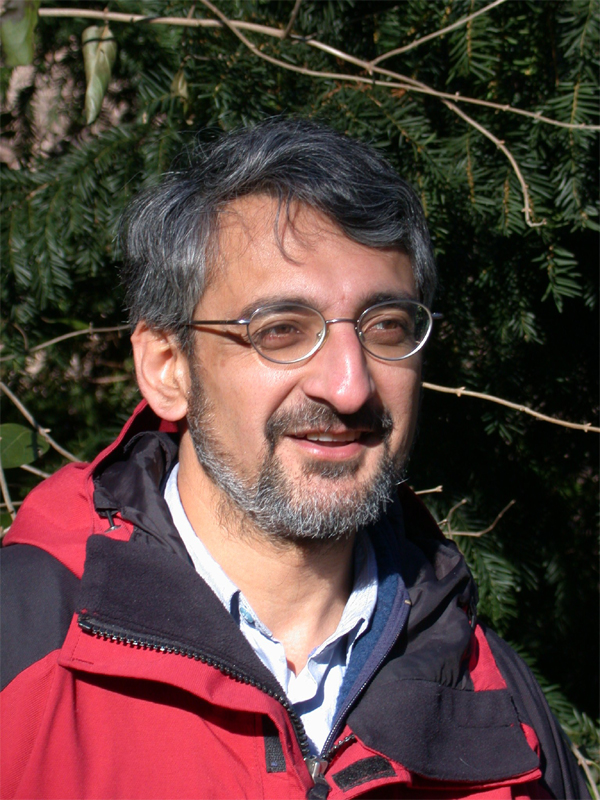
Tejvir Khurana, professor in the department of physiology at the Perleman School of Medicine at the University of Pennsylvania, was awarded an MDA research grant totaling $240,000 over three years to test a therapeutic strategy for Duchenne muscular dystrophy (DMD).
DMD muscle is susceptible to damage because it is missing dystrophin, a protein that sits at the muscle cell membrane and is critical for maintaining the muscle’s structural integrity. One potential therapeutic strategy involves compensating for the lack of dystrophin with a similar protein. One such protein, utrophin, is a naturally occurring structural protein that closely resembles dystrophin and performs a very similar function in the muscle.
With colleagues, Khurana aims to develop utrophin upregulation as a therapeutic strategy to rescue dystrophic muscle in DMD. The team has found that utrophin expression is inhibited by the micro RNA let-7c and will work to develop an inhibitor to this miRNA and test whether disinhibition of utrophin improves muscle function in a mouse model of DMD.
If successful, the work will demonstrate the potential of this therapeutic strategy and pave the way toward its development for use in humans.
Please describe your current research in DMD.
Our overall aims are to develop utrophin upregulation as a therapeutic strategy to rescue dystrophic muscle for DMD. Utrophin is of great therapeutic interest since its overexpression can compensate for dystrophin’s absence in DMD and, in principle, should circumvent the immunological concerns of expressing dystrophin in DMD patients using conventional gene or cell-based therapy.
We and others have determined that Utrophin-A protein expression in muscle is significantly repressed by miRNAs. But by disrupting the miRNA-utrophin interaction, utrophin levels can be increased. We have recently shown that blocking this interaction using small site blocking oligonucleotides (SBOs) can improve the dystrophic phenotype of the mdx mouse model of DMD.
This project will develop the potential of this therapeutic strategy by a series of preclinical trials to test design, dosage and platform chemistry of the SBOs, with a view to translation in patients.
Is this your first MDA grant?
No. My first MDA grant was a postdoctoral grant.
This grant is extremely important, as it will allow us to undertake preclinical studies, test and hopefully move forward a utrophin upregulation-based therapeutic strategy for DMD.
What inspired you to study DMD?
A major inspiration for me to study DMD and try to develop therapeutic strategies for the disease is the devastating impact that DMD has on patients and their families.
What is your focus within the DMD field?
I focus on basic muscle and utrophin biology, and development of therapeutic strategies for DMD.
Why is it important?
Utrophin-based upregulation is a promising therapeutic approach for DMD. Utrophin-based approaches, in principle, circumvent the immunological concerns of expressing dystrophin in DMD patients using conventional gene or cell-based therapy. These approaches can be used in any DMD patient, irrespective of the type of mutation.
Why is it important that MDA continue to fund research in DMD?
Now more than ever, it is very important for MDA to continue to fund research in DMD. Over the last few decades, we have learnt an incredible amount about the molecular basis of the disease and are at the threshold of testing breakthrough therapies for DMD. This would simply not have happened without the support of organizations such as MDA, who fund early-stage research where real breakthroughs occur.
To learn more about how MDA research is accelerating treatments and cures for DMD, please visit mda.org.
